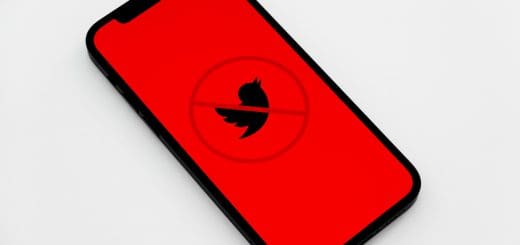Knowing When to Disengage Online
Now is a sensitive time more than ever. Current events such as COVID, Black Lives Matter, and discussions over trans rights are revealing the issues with the systems that have been in place in our society for not just the past few years, but for decades and centuries, and how these issues have been affecting certain groups more than others. The Internet and social media giving platforms to experts and those who have been affected have made it easier for them to educate and tell others why things are so difficult and how drastic the effects are for minority groups. You most likely have seen these kinds of posts on Instagram and twitter presented in colorful graphics with easy and simple to read text and pictures.

Despite how well-presented these posts are though, taking in all this information can be a lot to handle. As a result, emotions can get very intense and high too. These emotions could depend on who you are: if you are someone from a marginalized group, you may find yourself triggered and getting understandably angry at the posts telling you things that you already know and live through. For those who are educating themselves and learning about these issues, you may find yourself feeling guilty for not knowing about it before, and unsure about how to acknowledge the privilege you have and your own problematic behaviors in the past. All of this doesn’t even consider the retaliating posts by trolls or those who either ignore or promote harmful behaviors at the expense of others. Seeing these can heighten emotions even further, most likely leading to anger and wanting to fight back.
Like we discussed with doomscrolling, it’s so easy to stay on your device when things are bad, and when they affect you directly, you may feel like you have to stay on because it concerns you. However, engaging with negative emotions isn’t just bad for your mental health at that moment, but can even affect how you feel and interact with others offline as these feelings linger. So how do you know when to put the device away, or at least change what app you’re on when these feelings occur?

We’ve given several tips already about asking yourself questions about your social media habits and how they make you feel, but during those moments when you can start feeling those intense emotions surface, asking these questions may not be the most accessible thing to do. If you’re itching to fight back to someone’s post or comment or feel yourself physically reacting with something like a clenched fist or chest, the quickest thing you can try doing is just closing the app. By either hitting control-W it on your computer or swiping it away on your phone, immediately withdrawing yourself from the situation can give you some sort of space to breathe. If you’re in a place that’s safe to do so, even just physically letting go of your phone or throwing it (gently) somewhere soft like your bed can get that immediate aggression out. Having accounts or apps that are positive and that make you feel good on hand can also help, and you can switch over to them as well. For example, Instagram allows you to bookmark posts to save in an archive that you can then organize – you could save things you enjoy looking at there and see those instead.
Although things are constantly stressful now, it’s still possible to have some sort of control over just how stressful these things can make you. The way we engage and look at things online is just one step in doing that.
What kind of content have you been seeing online recently? Do you follow positive accounts on your social media platforms? What advice do you have for when you feel yourself getting upset or angry with things online?




Recent Comments